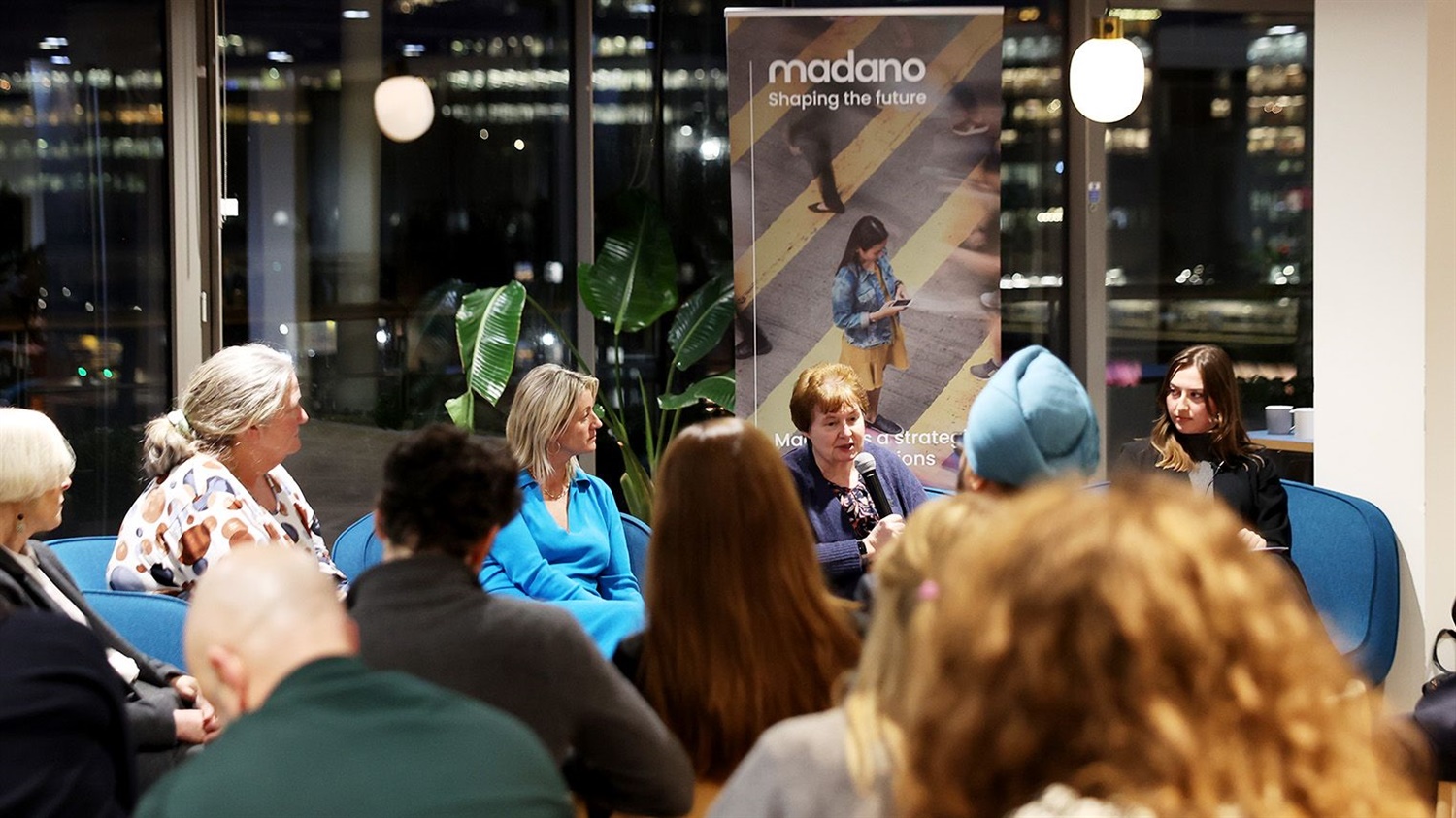The Nuclear Institute recently collaborated on an engaging event, hosted by Madano, focusing on a key issue facing the sector right now: the development of nuclear skills and growth of the workforce. With aspirations stated last year by the previous government to have 24GW of nuclear capacity by 2050, the need for an expanded and diverse workforce has never been more pressing. Our panel discussion brought together key figures from the industry to dive into the challenges and opportunities presented by these ambitious targets.
What did we uncover during our conversation?
Firstly, the challenges are hard to ignore. The UK needs to fill 40,000 more roles in nuclear by the end of the decade – requiring a doubling of the hiring rate and increasing the available workforce by about 50%. Beccy Pleasant, Head of Nuclear Skills Strategy emphasised the challenge by noting that with retirements, the sector needs to hire closer to 100,000 people.
The nuclear sector is often perceived as the UK’s “best kept secret” with a certain level of mystery around roles. Professor Fiona Rayment OBE FREng FNucI, President of the Nuclear Institute said that it’s time for the industry to start shouting about the breadth of exciting opportunities it can offer if it is to rise to the challenge of 40,000 jobs.
But there are positives - the nuclear sector is already responding to these challenges. You may have seen Destination Nuclear adverts on your commute or on the TV – a nationwide campaign to inform people about careers in the sector. Its programme Director, Lynne Matthews spoke about the power of a collaborative, sector-wide campaign for opening doors to new talent who may never have considered a career in nuclear. The title our blog - anything you can do; you can do nuclear – is one of Destination Nuclear’s key messages, and something that resonated with us during the event. It’s a great example of a how powerful communications can solve structural issues.
The good news doesn’t stop there, and the panel celebrated the Nuclear Skills Plan as the first time the civil and defence sectors have come together to build a strong skills pipeline. Collaboration is already delivering results and our panellists discussed the need to go further and explore new collaboration opportunities. Sue Ferns, Senior Deputy General Secretary of Prospect Union called on the sector to go further in working with adjacent industries to facilitate better talent and knowledge sharing.
A real highlight was our all-female panel of industry leaders, who were able to speak from experience how greater diversity is needed to fuel progress and innovation.

There’s a need for greater and different types of diversity to help the sector move away from the perception that it is only for highly technical workers. As Fiona Rayment rightly pointed out, engaging a younger, more diverse demographic isn’t just beneficial; it’s essential.
One thing was clear from the panel: while there are big challenges ahead, the path forward is bright. We are pleased to have hosted such an insightful event and Madano looks forward to continuing to work with the nuclear sector to shape the narrative and support strategic initiatives for a diverse and skilled workforce.
Thank you to everyone who attended and contributed to the session.
Image credits: Madano